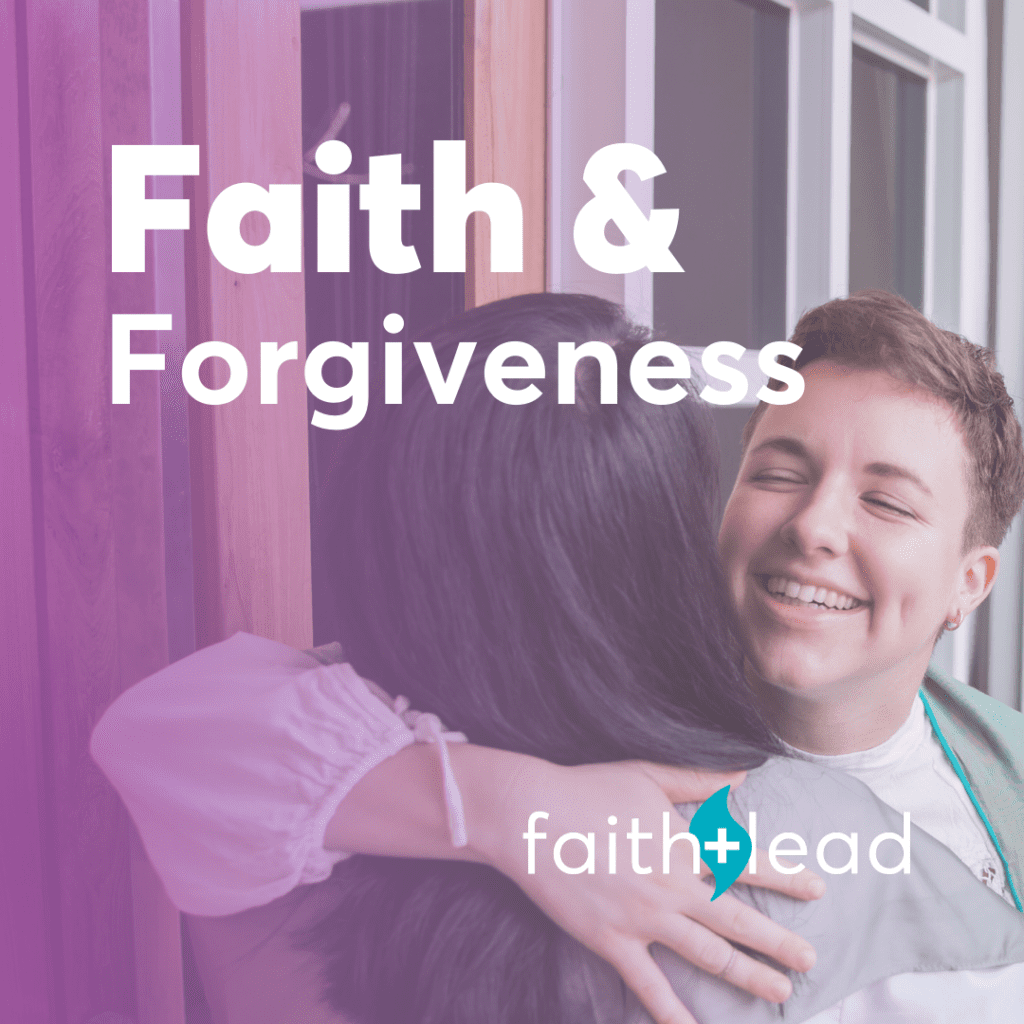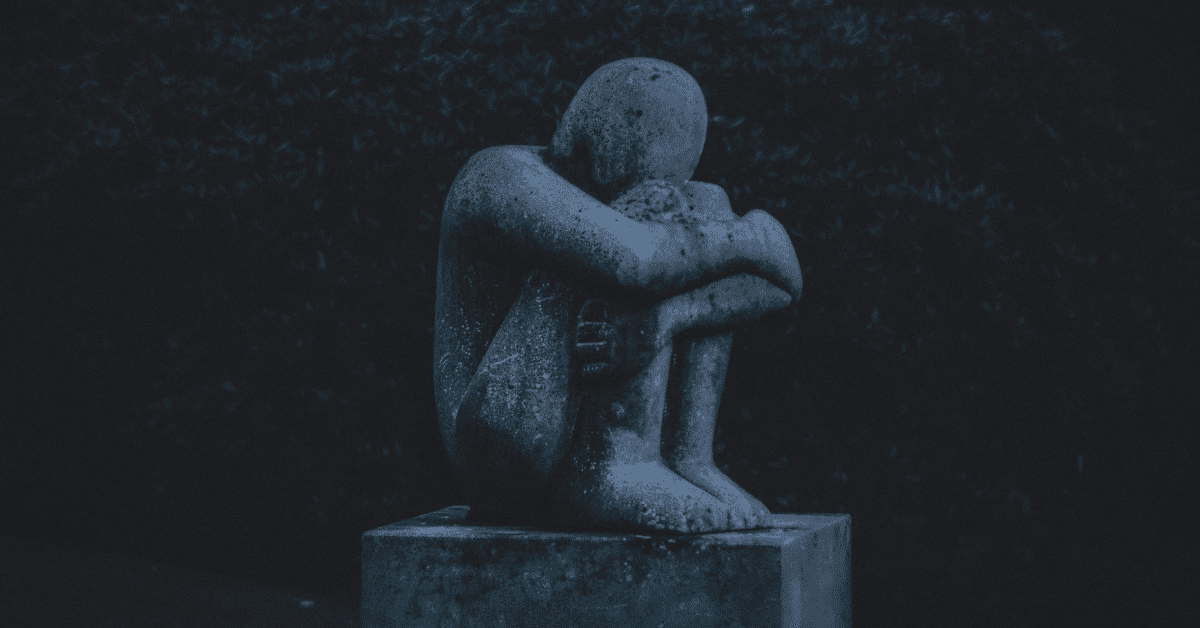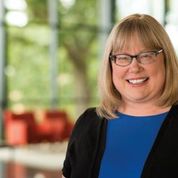
There is an old truism that says “hurt people hurt people.” And right now we are living in a world that constantly lifts up, represents, records, shares, and in so many other ways documents people who are hurting. At one and the same time this world also lifts up, represents, records, shares, and in so many other ways documents how we seek to punish those who do the hurting. Hurt people hurt people.
How do we interrupt this cycle?
In Christian faith we confess a God whose love is so overwhelming and powerful, yet so deep and humble, that God poured Godself out into finitude that we might experience just such an interruption. God makes this promise to anyone and everyone who believes. Yet in the cacophony of a digitally mediated world, how do we believe in it?
Whenever I ponder forgiveness and reconciliation, two things come up for me: first, God’s promise of forgiveness, and then second, the real trouble I have believing in it. How is it that God can promise to forgive anyone and anything if we but ask? And what does that have to do with reconciliation?
The part of this incredible promise that feels the most difficult to me comes from my own human struggle with forgiving. How do I forgive someone who has harmed me, particularly if they do not seem at all interested in accountability for that harm? At times it can even feel like I have been harmed and yet the person harming me, or the institutions that shape that harm, appear to have no awareness of the harm at all. How can I forgive that?
Nothing and no one is exempt
Desmond and Mpho Tutu write, in The Book of Forgiving, that “there is nothing that cannot be forgiven, and there is no one undeserving of forgiveness … In our own ways, we are all broken. Out of that brokenness, we hurt others. Forgiveness is the journey we take toward healing the broken parts. It is how we become whole again.”
They also write that: “To walk the path of forgiveness is to recognize that your crimes harm you as they harm me. To walk the path of forgiveness is to recognize that my dignity is bound up in your dignity, and every wrongdoing hurts us all” and “Without forgiveness, we remain tethered to the person who harmed.”
This is challenging, but also hopeful.
The process of forgiveness they describe here is not even really about the person doing the harm, but rather the person who has been harmed. I forgive out of compassion for myself. I let go of the hurt and the anger, and walk into a space of healing and transformation.
Another articulation of this process comes in a compelling TEDx talk by Sarah Montana. I think hearing her story has invited me to take a deep breath and think about why it might be hard for me to let go of the anger and hurt, and to forgive a person who has harmed me.
Ultimately, however, forgiveness is just a first step on the journey to reconciliation.
For me the “hurt people hurt people” cycle is all tangled up with the way in which I grew up thinking about accountability. Far too often I was presented with actions that were judged to be harmful, and then with a call to punish the harm doer. Over time that process of judgment and punishment pervaded the public spaces I inhabit. Some of you may have heard the phrase “cancel culture” as one example, but basically what I am describing here has to do with seeking to hold someone accountable for the harm they have caused by pushing them out of community all together (see “From cancel culture to collective accountability” in the list of references).
Calling people in
Yet think about what Jesus modeled for us. It certainly wasn’t pushing people out. If anything it was calling people in! In his story of the crowd seeking punishment for a woman caught in adultery, his response is to invite those without sin to throw the first stone. And of course, no one does.
There is a key insight in that story that I have had to ponder whenever I have caused harm: do I really want to be punished for that harm? Or instead do I want to be offered a way to restore and repair, to invite healing for the person I have harmed, and then for myself as well? If that is what I want when I cause harm, is it not possible that someone who has caused harm to me might long for that as well?
This YouTube video shares the insights from several therapists and activists who work to support harm doers in accountability. One of their key points is that in doing the work of accountability we must begin by recognizing our own brokenness, the ways we have caused harm.
When we begin to think about forgiveness in relation to accountability, it draws me toward a deeper sense of what can be meant by reconciliation. Paul’s second letter to the community gathered at Corinth urges: “God was reconciling the world to Godself in Christ, not counting their trespasses against them and entrusting to us the message of reconciliation” (2 Corinthians 5:19).
Forgiveness + accountability = reconciliation
Kazu Haga has an equation for this. He writes that forgiveness + accountability = reconciliation.
And this is where I find my faith leading me. When I seek forgiveness, when I hear the gracious offer of absolution offered in every liturgy, I need to take that in as the first part of a process that includes being honest about my own brokenness, and then changing my behavior. How will I be accountable? How will I participate in spaces and practices that invite repair and restoration, that recognize, as Bryan Stevenson notes, “each of us is more than the worst thing we’ve done”?
God so loved the world that God poured Godself into it, into the finitude and sorrow and pain and even horror of a broken creation. God made a promise that love wins, and in doing so invites each of us to live into that promise. The first step is forgiveness, and that step takes us on the long road of accountability into reconciliation.
Resources I mention:
“How to support harm doers in being accountable,” Barnard Research Center on Women
Brian Stout, “From cancel culture… to collective accountability”
Bryan Stevenson, Just Mercy (One World, 2014)
Desmond and Mpho Tutu, The Book of Forgiving (Harper Collins, 2014)
Kazu Haga, Healing Resistance (Parallax Press, 2020)
“How to give a real apology,” Leaving Evidence blog
“The real risk of forgiveness, and why it matters,” Sarah Montana




Hi Mary,
I am a Grace Life Believer who is passionate about Jesus. As a Copywriter, I appreciate the insights shared on your blog.
“I sometimes feel overwhelmed by the events unfolding in the world, and it pains me deeply. I appreciate the way you have acknowledged the struggles and difficulties that our world is facing.
I completely agree that the root cause of so much turmoil is the unresolved pain within us. Forgiveness is a necessity in our lives for ourselves and others.”
The insights you’ve incorporated into the proper foundations of who we are as believers and how universal our beliefs are really hit home.
Thank you for sharing.